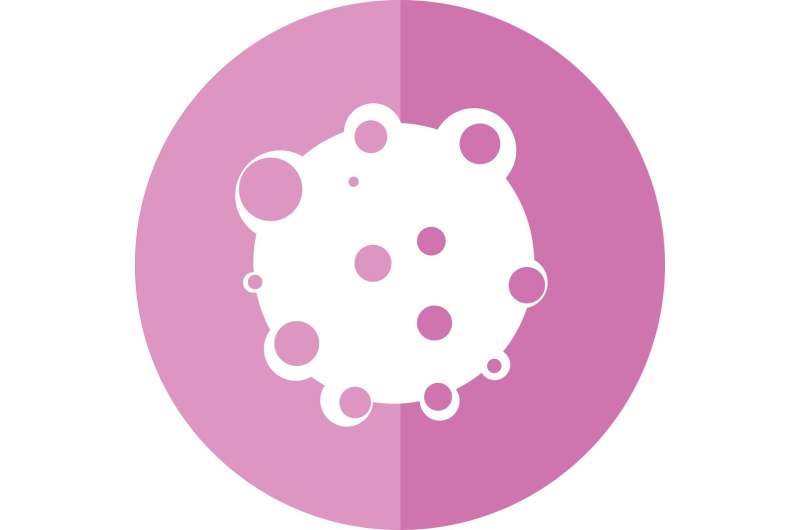
Hepatocellular carcinoma (HCC) is two to five times more common in men than in women. An in-depth analysis of the mechanisms underlying the gender heterogeneity of HCC may contribute to the identification of key HCC suppression mechanisms physiologically present in women, thus benefiting the HCC cohort.
Against this backdrop, Prof. Ji Junfang at the Zhejiang University Life Sciences Institute led her team to delve deeply into multiple omics data that revealed 861 gender-related molecules in non-tumor liver tissues between female and male HCC patients. The expression patterns of these molecules in female livers were intimately bound up with the suppression of cancer-related diseases and functions. These findings were published in the journal Gut on January 7, laying a key molecular biological basis for the significantly lower incidence of HCC in women than in men.
A member of the cytochrome P450 family, CYP39A1, was one of the top liver-specific candidates with significantly higher levels in female vs male livers. In HCC tumors, CYP39A1 expression was dramatically reduced in over 90% HCC patients. Exogenous CYP39A1 significantly blocked tumor formation in both female and male mice and partially reduced the sex disparity of hepatocarcinogenesis. The HCC suppressor role of CYP39A1 did not rely on its known P450 enzyme activity but its C-terminal region, by which CYP39A1 impeded the transcriptional activation activity of c-Myc, leading to the remarkable inhibition of hepatocarcinogenesis.
Source: Read Full Article